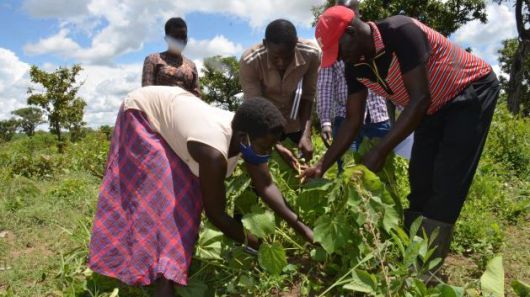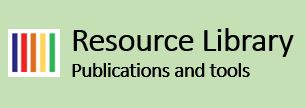01/12/2022 - Upscaling Ecosystem-based Disaster Risk Reduction (Eco-DRR) in Uganda

Since 2019, the United Nations Environment Programme (UNEP) in-collaboration with Partners for Resilience (PfR) have developed and implemented scalable Ecosystem-based Disaster Risk Reduction (Eco-DRR) models working alongside various governments and their respective communities in strengthening their capacity and shaping Eco-DRR policy interventions. This case study highlights Eco-DRR interventions in Uganda focused on ecosystem restoration and protection in the Aswa river Catchment, specifcally in Middle Moroto secondary sub catchment (Otuke and Alebtong districts), Upper Agago secondary sub catchment (Abim and Agago districts), and Upper Pager Matidi secondary sub catchment (Kotido district). The key risk being addressed within this context is frequent and prolonged droughts in upstream areas and fooding in midstream areas. To address this, the project aims to strengthen resilience to drought and fooding of 160,000 vulnerable women and men in 5 districts of Eastern Aswa Catchment in northern Uganda. Specifcally, the project seeks to scale up Integrated Risk Management (IRM) and inclusive risk governance through improved catchment-based water resources management that is risk-informed, gender- and ecosystem-sensitive.
Find here more information: Case study, Results sheet, Success story, Cost-benefit analysis, video
A model for upscaling community resilience has been developed through three core components of Eco-DRR: Ecosystem Restoration/Protection, Disaster Risk Reduction, and Climate Smart Livelihoods. In Uganda, there is a greater emphasis on Ecosystem Restoration and Protection through the micro-catchment restoration and establishment of guidelines for improved drought and food management. The project further focuses on the establishment of micro-water catchment committees and national guidelines for improved drought and food management.
For capacity building, Community-based Organisations (CBOs) were trained on Integrated Risk Management (IRM). Other groups trained includes Village Saving Loan Association (VSLA) groups, district governments, and Aswa Catchment management committee members. 81 CBOs trained on IRM and 109,388 benefciaries reached of which 50% are women. A Cost-beneft Analysis (CBA) performed by the University of Massachusetts Amherst demonstrated that the benefts of Eco-DRR and resilience enhancement interventions outweigh the value of their initial costs.
This case study lays the foundation for demonstrating the need for large-scale implementation of Eco-DRR in advancing the implementation of the Sendai Framework for Disaster Risk Reduction and the Sustainable Development Agenda. The content for this case study has been developed by the United Nations Environment Programme (UNEP) in collaboration with Partners for Resilience (PfR) – a global alliance between the Netherlands Red Cross, the Red Cross/Red Crescent Climate Center, Cordaid, Wetlands International and CARE along with partner civil society and Communitybased Organisations in the countries where they work.





